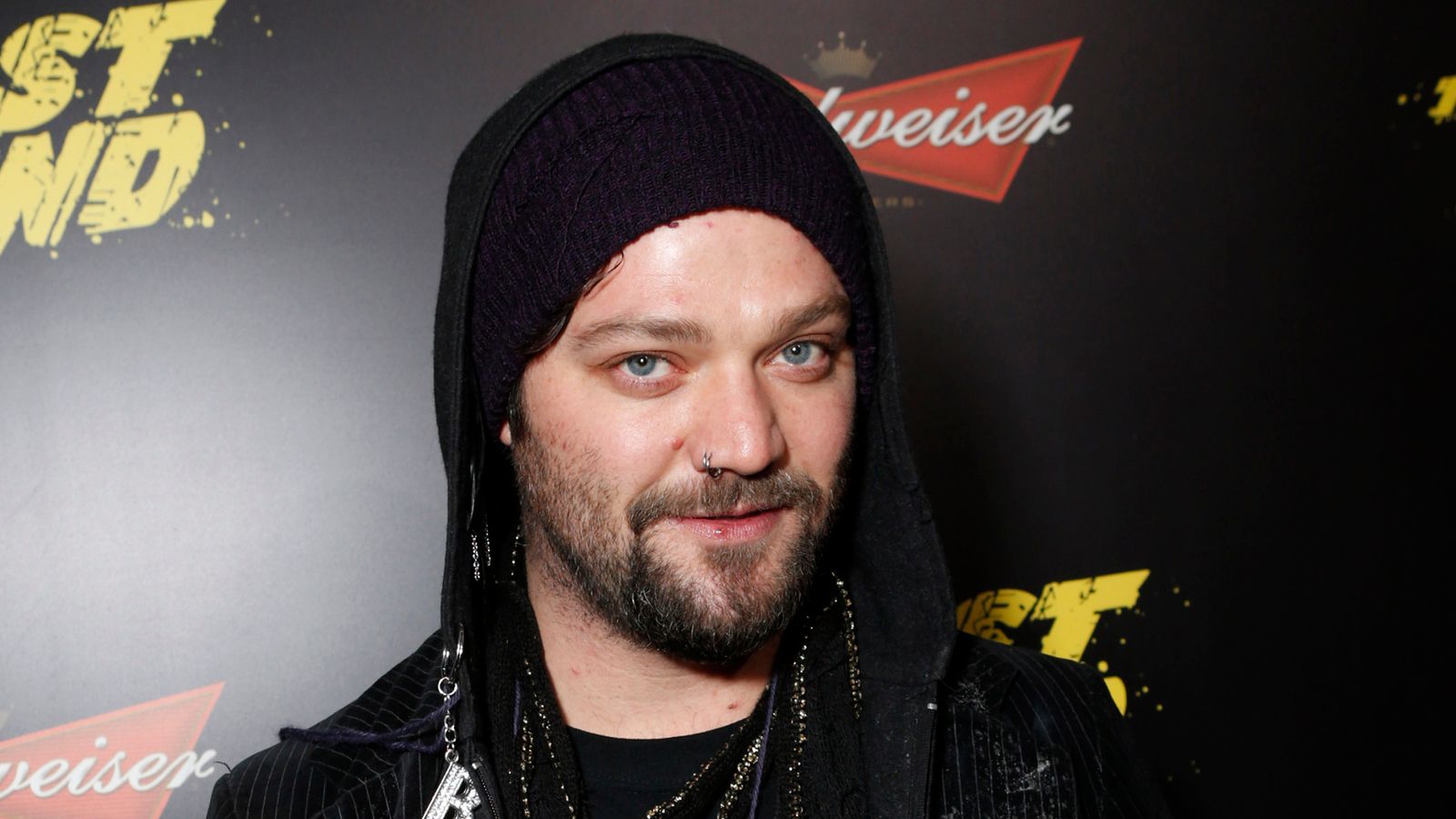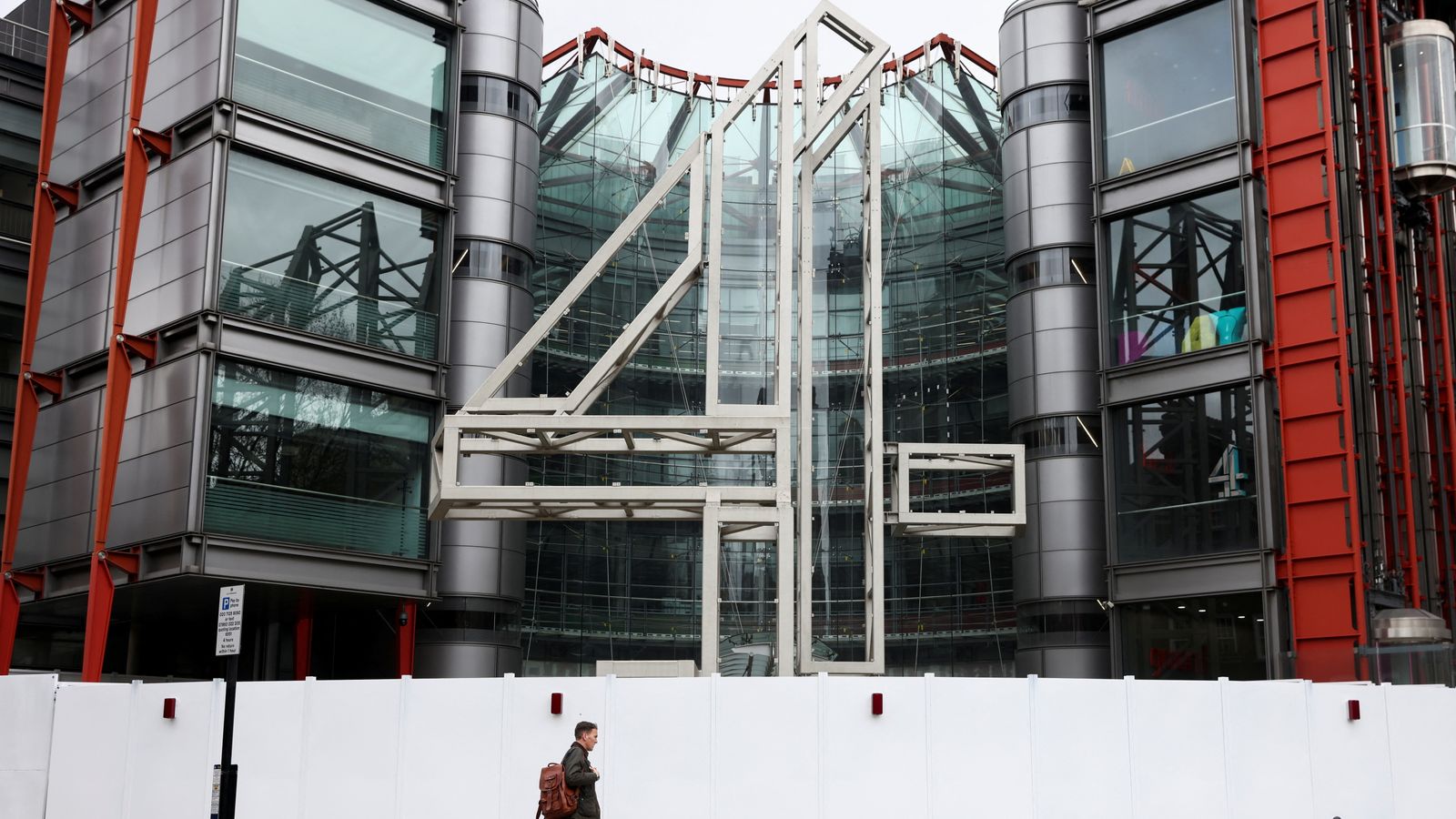Dune has bagged the most nominations at this year’s BAFTA film awards with 11, followed by Netflix western The Power Of The Dog and Kenneth Branagh’s semi-autobiographical Belfast.
All three go up in the best film category, along with Adam McKay’s climate-comedy Don’t Look Up and Paul Thomas Anderson’s 1970s drama Licorice Pizza.
Dune, which was directed by Canadian filmmaker Denis Villeneuve, also gets nods in many of the technical categories, including cinematography and editing.
The full list of films and stars in the running
The Power Of The Dog has scored eight nominations, with Jane Campion up in the directing category, as well as Benedict Cumberbatch for leading actor, and Jesse Plemons and rising star nominee Kodi Smit-McPhee in the supporting actor list.
Sir Kenneth Branagh’s Belfast, which is expected to have a successful awards season, gets six nods, including for outstanding British film, original screenplay, and supporting actor and actress for Ciaran Hinds and Caitriona Balfe.
Elsewhere, Daniel Craig’s final outing as James Bond, No Time To Die, gets a number of nominations, notably for outstanding British film and cinematography.
Steven Spielberg’s acclaimed adaptation of West Side Story is also up for several gongs – though the iconic filmmaker is absent from the directing category, despite being a front-runner for the same Oscar.
The one-shot kitchen drama Boiling Point gets numerous nods, as does period musical Cyrano and the Will Smith-fronted sport biopic King Richard.
CODA, which is made up of a largely deaf cast, Ridley Scott’s House Of Gucci, and noir thriller Nightmare Alley also get recognition.
There is an even gender split in the direction category this year, with three men (Paul Thomas Anderson, Aleem Khan and Ryusuke Hamaguchi) and three women (Audrey Diwan, Jane Campion and Julia Ducournau) – a clear shift.
Not only that, but 19 of the 24 individuals nominated are first-time nominees and half of the top 12 most nominated films are British made, putting home-grown productions into the spotlight.
Amanda Berry, CEO of BAFTA, said: “Congratulations to all our nominees, whose extraordinary talent and achievements have shone through in another incredible year for film.
“BAFTA celebrates its 75th anniversary this year, so it is a particularly special year for us, and we are proud to be announcing the nominations from our recently redeveloped home at 195 Piccadilly.”
Subscribe to the Backstage podcast on Apple Podcasts, Google Podcasts, Spotify, Spreaker
Krishnendu Majumdar, chair of BAFTA, added: “This year’s nominations showcase a remarkable range of creative work in-front of and behind the camera.
“We know that by celebrating outstanding achievement today, we are inspiring future generations for years to come.
“Two years ago, we launched a wide-ranging review into our voting, membership and campaigning processes and I want to thank the BAFTA members and the wider industry for embracing these changes.
“Our goal is to level the playing field for awards entries so that more films and the true diverse range of exceptional creative talent in the UK and internationally is represented and celebrated.
“With 48 films nominated today, we’re delighted to be able to shine a spotlight on such phenomenal breadth of stories and performances.”
The winners will be revealed at a ceremony at the Royal Albert Hall on 13 March.

